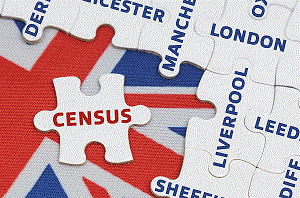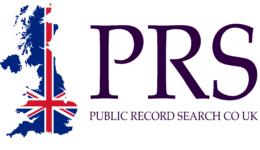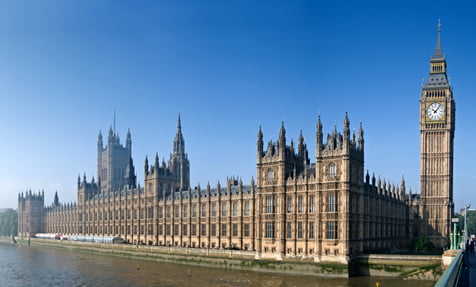What is the UK Census?
The UK Census is a head count of all the people in the United Kingdom that is performed every 10 years. The UK government uses the census to plan for government spending, social programs and public policies that affects the tens of millions of UK citizens. Since the UK is comprised of multiple countries, the census is taken by each county and then aggregated. It’s also important to note that depending on what year the census was taken, some countries are not included in the aggregate numbers. Ireland, for example, has census data that only goes back to the early 1900’s where England’s records go back much further.
Using the UK Census To Find Ancestors
Censuses in the United Kingdom are used to give the government a good framework for managing it’s policies and programs for the population by evaluating the changing number of people and demographics. This can also be a great tool for people to trace their UK ancestors, even those that have immigrated from other countries. UK land records are also a part of the census data, which can help people to trace multiple generations of their ancestors and where they lived or owned land. These records can also help to find extended family members and their siblings, which can help paint a good picture of a family’s history over hundreds of years. These records may also include information on births, deaths, divorces and marriages. This granular population data can be a very effective tool for people in the UK to lookup their lineage and understand more about their ancestors.

How Often is the UK Census Taken?
Census records in the UK have been tabulated every ten years for the last couple of centuries however, not all countries in the UK started collecting this population data at the same time. England, for example, has their population count from the early 1800’s, where Ireland’s census data only goes back to the early 1900’s. It is also important to note that there are some gaps in the collected information from both from World War II and during the Covid pandemic. This was because the census data gathering methods proved difficult if not impossible to get an accurate count of the UK population
How to Search UK Census Records
There are multiple online resources that can be used to search UK census data, including both government resources and privately run genealogy websites. One government resource to find UK census data is the UK National Archives. This government resource indexes this information in a very easy to understand format. Their website breaks down the information into countries, regions, islands, parishes and counties. The general public can access censuses from 1841 to 1921 with an easy to use search tool that accesses censuses from England, Wales, Chanel Islands, RAF Bases, overseas British Army records, and the Isle of Man. The more recent UK censuses are held by the UK Office of National Statistics and are secured by the government for a 100 years before being released to the general public. That said, if someone wants to perform a search from the year 1921, or earlier, they will need to know the name of the person and what year. It is also prudent to know what country, region, city or parish to look at since many people have the same names in the UK countries. Many of the 3rd party private genealogy websites offer similar services for a small fee. One benefit of using these 3rd party genealogy resources is they offer more tools to research a person’s family history.
The 1921 UK Census
Since census records in the UK are only available 100 years after they’re collected, the 1921 UK census is finally available to the general public. A copy of this 1921 archived data can be obtained from the UK National Archives or through one of the many 3rd party genealogy websites. This information is broken down by country, region, island, city and parish. If anyone has specific questions about any of the UK censuses, they can ask a question in our blog or contact the UK National Archives directly. They have live chat and email options for communication.
Advertising Disclosure: This post may contain promotional links. publicrecordsearch.co.uk may be compensated if you use these links.

